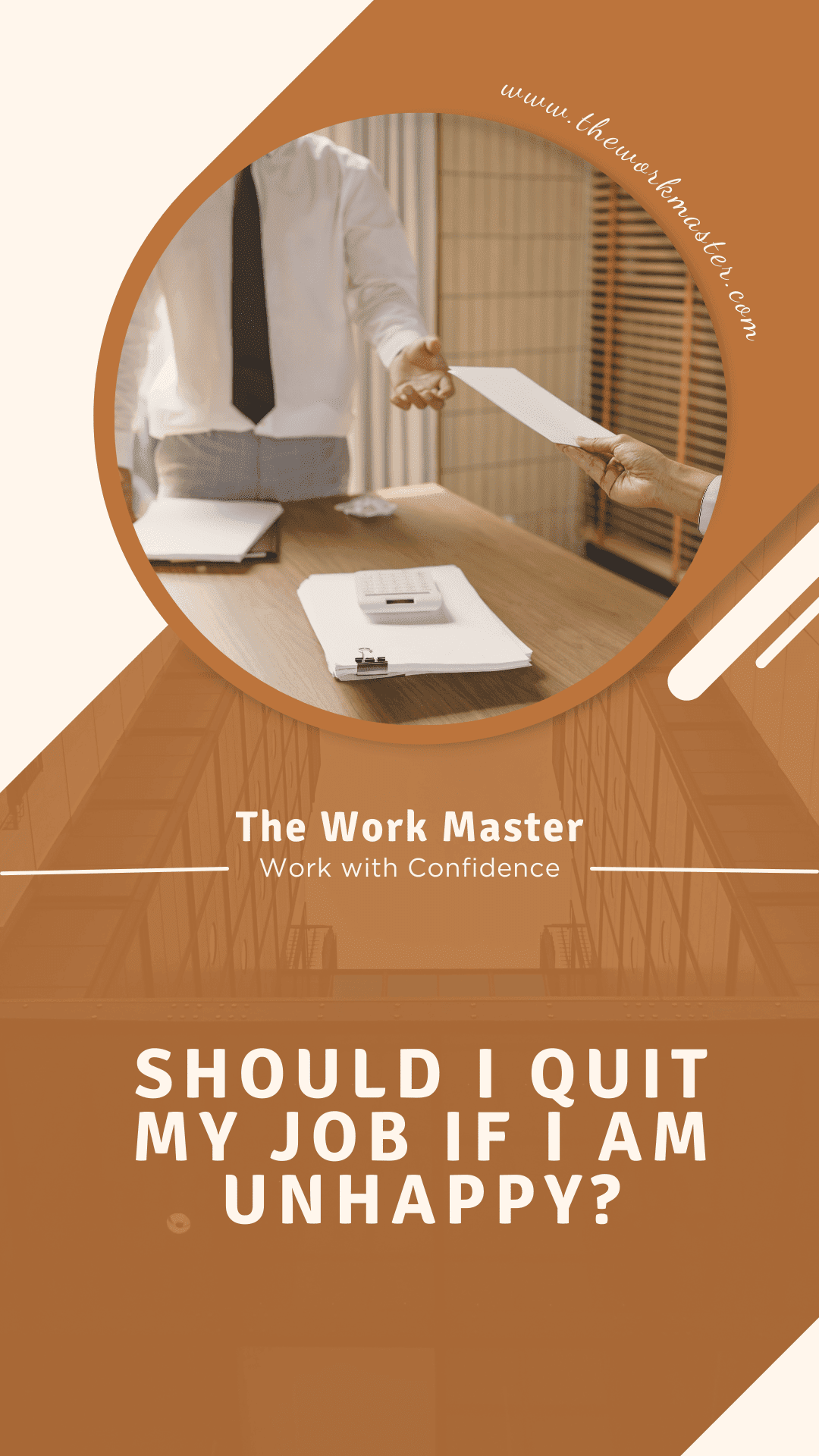Прочети на Български ==> Read in English (US)
Unsurprisingly, lots of people find it hard to enjoy their jobs.
It could be because of a bad work atmosphere, inability to realize your aspirations, or simply not liking what you do, but it is normal to ask yourself the question, should I leave my job?
Lastly, however, you should be aware of the impacts and even define your priorities before making any hasty decisions.
In this article, we’ll tackle the dilemma of whether quitting your job if unhappy is a reasonable solution to attain a better personal and professional lifestyle.
Why Are You Unhappy?
First of all, you should answer the question of why you are unhappy with the job before you make a decision about whether you have to resign or not.
... there’s still a significant portion of the workforce that is looking to quit or recently have done so.According to the FlexJobs survey, 42% of professionals are actively thinking about quitting their jobs, while another 20% have recently quit.
~ FlexJobs
Take some time out to introspect and analyze the feelings which may be the source of your dissatisfaction.
Toxic Work Environment
Hostile or negative culture, lack of support from peers/supervisors, or even harassment/discrimination might be among the factors.
If you find yourself constantly under stress, irritable, or just generally uncomfortable, then you may work in a toxic environment.
Lack of Growth Opportunities
A lot of employees experience job dissatisfaction because they don’t have any opportunities for professional development.
If your job becomes a boring routine, that doesn't offer any opportunity to develop and grow, you may begin feeling dull and dissatisfied.
This is especially relevant for individuals who want to be successful in their chosen field and climb the career ladder.
Not Enjoying the Work
Other times, the reason for upset at work can be that the job itself does not satisfy the worker. You may be in a job that you don't like, meaning that the job is not in line with your interests, skills, or values.
It can also happen if you are underqualified for the job that you are doing or above your position and feel undervalued or bored.
The Pros and Cons of Quitting Your Job
Now that you have a clear insight of what are the reasons leading to your dissatisfaction at work, it's time to start making a list of the advantages as well as the disadvantages of leaving your job.
Pros
➤ Improved mental and emotional well-being: If your job is lowering your self-esteem, and confidence, or causing you stress, anxiety, or sadness, then quitting can help you improve your life.
➤ Opportunity for growth and development: By leaving your current position which does not have for your growth and development, you can expand your horizons and may find new and exciting opportunities in your personal and professional life.
➤ Pursuing your passions: It is not uncommon for individuals to find themselves in a job that does not stimulate them intellectually or emotionally. However, quitting your job can also give you the chance to pursue your passions and find a career that aligns with your interests and values.
Cons
➤ Financial instability: It is common to name the lack of financial stability as the main disadvantage of leaving your job. In case you have not found another job to resign from, you might face the issue of not being able to afford all the basic needs.
➤ Negative impact on your resume: Job quitting is also a drawback because it will look bad in the employer’s eyes. It becomes harder for you to get jobs if you have a history of quitting jobs abruptly without solid reasons.
➤ Burning bridges: It is also important to consider the impact of quitting your job, including the possible burning of the bridges with your boss and colleagues and the negative reputation that can result from it.
Consider Your Options
Despite being in a situation where you have to make a decision, it is imperative to think about all the alternatives.
Ending up your job might be the only remedy at your disposal, but there may exist other ways to enhance your condition.
Talk to Your Employer
In case your unhappiness is the result of a toxic workplace environment or a lack of personal growth and development, this is something you might want to discuss with your employer.
They may never have thought of the problems you are suffering from, and they can be ready to change their approach, to help you to feel better at work.





I think some people may also be unhappy if the management style of the business they are working in is not in alignment with their values. While I think it's probably a lot safer to find another job before you quit your current one, I also suppose it depends on your financial situation. As you mention being in a job you hate can affect your mental health so you have to weigh up the pros and cons. Thanks for this thought provoking post.
ReplyDelete